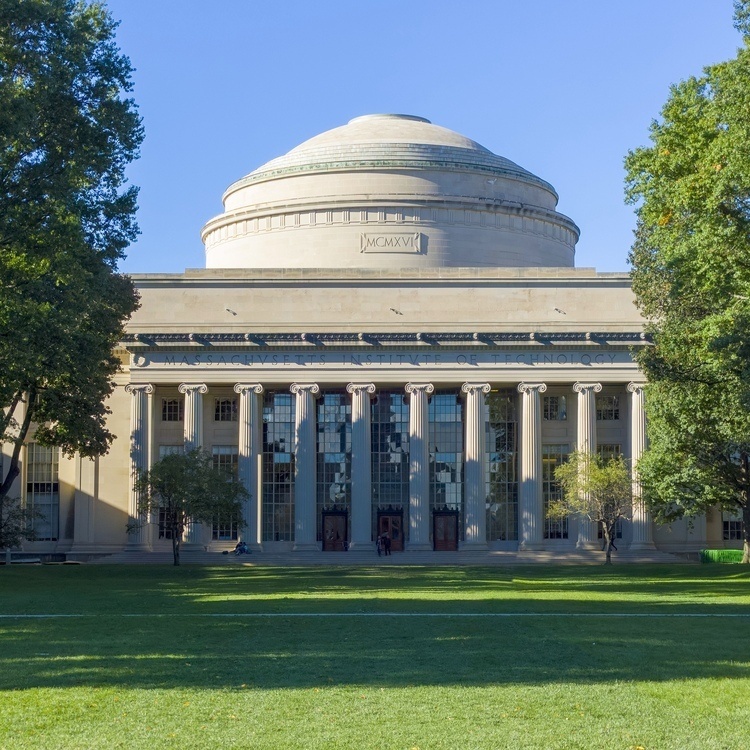
NeuroLunch: Zeguan Wang (Boyden Lab) & Liu Yang (Choi Lab)
Description
Speaker: Zeguan Wang (Boyden Lab)
Title: Towards whole-brain, cellular-resolution imaging and manipulation of neural voltage in larval zebrafish
Abstract: Recording the neural voltage activity of an entire vertebrate brain at cellular and millisecond resolution will have a transformative impact on systems neuroscience. Despite progress in fluorescent voltage indicators, existing optical methods remain limited in speed, resolution, field of view, or signal quality to meet this challenge. We addressed the challenge by developing a novel remote-scanning light-sheet microscope, that enables imaging the neural voltage of neurons distributed throughout the entire larval zebrafish brain at 200 Hz. We observed that neurons firing at different times during a milliseconds-scale sequence were located at different brain locations, for sequences elicited by a visual stimulus, which mapped onto locations throughout the optic tectum, as well as during stimulus-independent bursts, which mapped onto locations in the cerebellum and medulla. Next, we will improve the microscope to capture >80% of all neurons, and pair it with two-photon holographic optogenetics to enable simultaneous imaging and manipulation of neural voltage across the entire brain. We will then apply the new platform to study neural mechanisms underlying learning in larval zebrafish.
Speaker: Liu Yang (Choi Lab)
Title: IL-1R-positive dorsal raphe neurons drive self-imposed social withdrawal in sickness
Abstract: Sick animals exhibit behavioral changes that extend beyond physiological symptoms, such as appetite loss and hypoactivity, and include a decline in social interactions. While social isolation during sickness has been recognized to have the evolutionary benefits of staving off disease spread, the molecular and neural mechanisms underlying this response remain unclear. Cytokines—immune-derived signaling molecules—have emerged as neuromodulators impacting brain function during inflammation. Through behavioral screening, we identified a unique role for the cytokine interleukin-1β (IL-1β) in promoting social withdrawal during sickness. IL-1β directly modulates the activity of IL-1R1-expressing neurons in the dorsal raphe nucleus (DRN) (IL-1R1DRN). Activation of these neurons is sufficient to elicit social withdrawal, while their inhibition or genetic deletion of IL-1R1 rescues self-imposed social isolation during systemic inflammation. Our findings reveal a neural mechanism that actively promotes social disengagement in sick animals, highlighting the role of IL-1R1DRN neurons in driving these behavioral adaptations.

